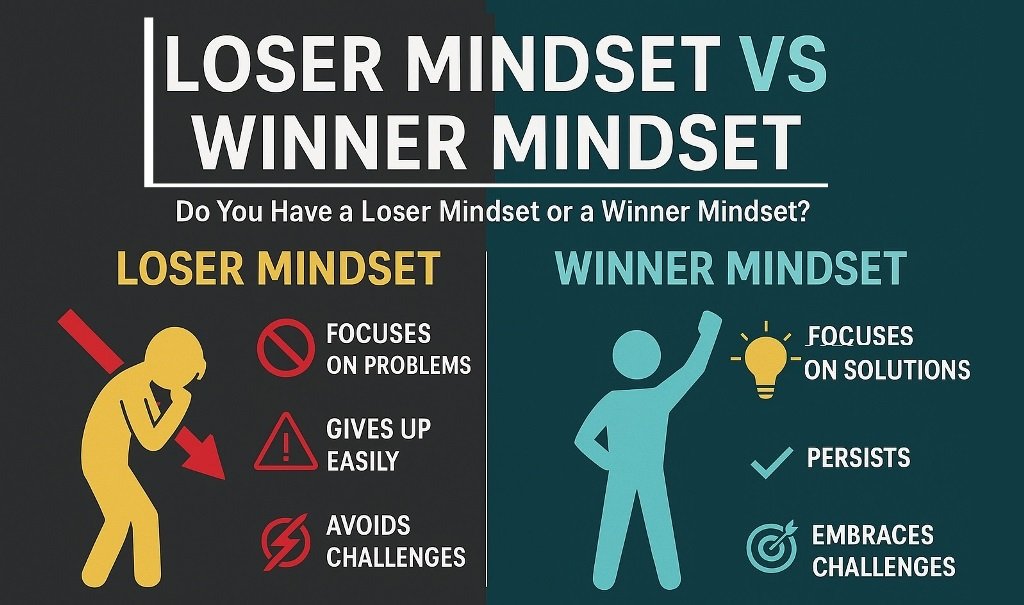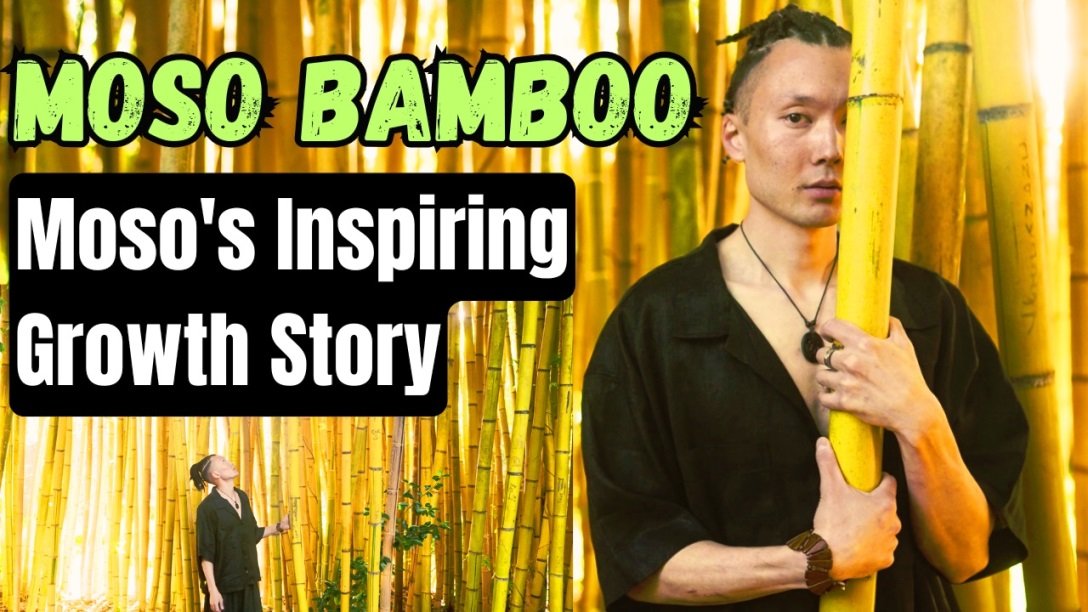
Warren Buffett said the following about the importance of the feeling of enough: There is no reason for you to risk the things you have and need for things you do not have and do not need. Don’t risk what’s important to you to get what doesn’t matter to you.
The motivation in today’s world to achieve more causes many of us to cross the thick line between what we need and what we want. And ultimately, this leads us to risk our valuable possessions for “nothing”.
There can be many explanations for this behavior. Being a greedy and insatiable creature, being influenced by the social environment, or succumbing to unnecessary ambitions are just a few of them. Whatever the reason, human history is replete with countless examples of the consequences of the desire to have more. However, the number of stories that refer to the power of being able to say enough seems to be so few. However, in an age where such wisdom is seen as a weakness, it is certain that more than ever, such examples need to be brought to light. Because when we look at people’s life stories, including our own, we can realize that many of the painful losses are woven with times that we cannot say “enough”.
In the words of William Blake; If you don’t know what is more than enough, you will never know what is enough. Morgan Housel includes a chapter on the power of saying “enough” in his bestselling book “The Psychology of Money” on improving financial skills. Housel expresses the tips for accessing this wisdom in his book with 4 items. These suggestions can guide us on the path to wisdom (Housel, 2020):
- The hardest financial skill is not to move toward the goal: If expectations are rising with results, there is no point in striving for more; because you feel the same after putting in more effort. The pleasure of having more, more money, more power, and more prestige becomes dangerous if ambition increases faster than satisfaction. In this case, one step forward pushes the target two steps forward. You feel left behind and the only way to close the gap and reach your goal is to take more and more risks. Modern capitalism is expert in two things: generating wealth and creating jealousy. Perhaps these two go hand in hand; The desire to stay ahead of your peers can be fuel for hard work. But without the feeling of “enough”, life has no fun. Happiness, as they say, is actually just the result, minus the expectation.
- Stay away from social comparisons: The whole point is that the ceiling point in social comparison is actually too high for anyone to reach. So this is a war that can never be won; or the only way to win is to settle for what you have and never engage in such a war, even if what you have is less than what those around you have. A friend of mine circumambulates Las Vegas once a year. During one of these visits, he asked the dealer, “What games do you play and which casinos do you go to?” he asked. The croupier replied with a stony grin: “The only way to win at a Las Vegas casino is to get out as soon as you get in.
- “Sufficient” does not mean too little: To say enough means to realize that the opposite – an insatiable hunger for more – will push you to the point of regret. The only way to know how much you can eat is to eat until you have a stomach ache and get sick. Few would try such a thing; because no matter how good the food is, vomiting makes you worse.
- Whatever the earning potential, there are many things that are never worth the risk: Reputation is priceless. Freedom and independence are priceless. Family and friends are priceless. Being loved by your loved ones is priceless. Happiness is priceless. And the best way to keep all of this in your hands is to stop taking risks that will harm them when the time comes. It is knowing that you have come to the point that is enough for you. The good news is that the tool that can be used to create the “enough” point is extremely simple and does not require taking risks that could harm any of the invaluable values I have listed above.
We may think that reaching the power of saying “enough” is not easy, especially in such an age. However, considering Housel’s above-mentioned suggestions as a guide may make our job a little easier. First of all, we must be able to manage our expectations well and act by knowing where we stand, especially when taking financial risks. We must realize that there is no end to comparing ourselves and what we have with those around us, and we must not forget that there is no winner in entering the battle of comparison. Most of the time, every person can fall into the “illusion of winning” despite everything. He cannot predict where he will stand with the self-confidence it gives. Until you lose everything. We can condition ourselves to see saying enough as a wise act rather than a weakness.
Finally, we should never forget the wise saying of Warren Buffett that we shared at the beginning of the article: Don’t risk the things that are important to you to get things that are not important to you.
References: Morgan Housel (2020) “The Psychology of Money: Timeless lessons on wealth, greed, and happiness” Harriman House Publishing



